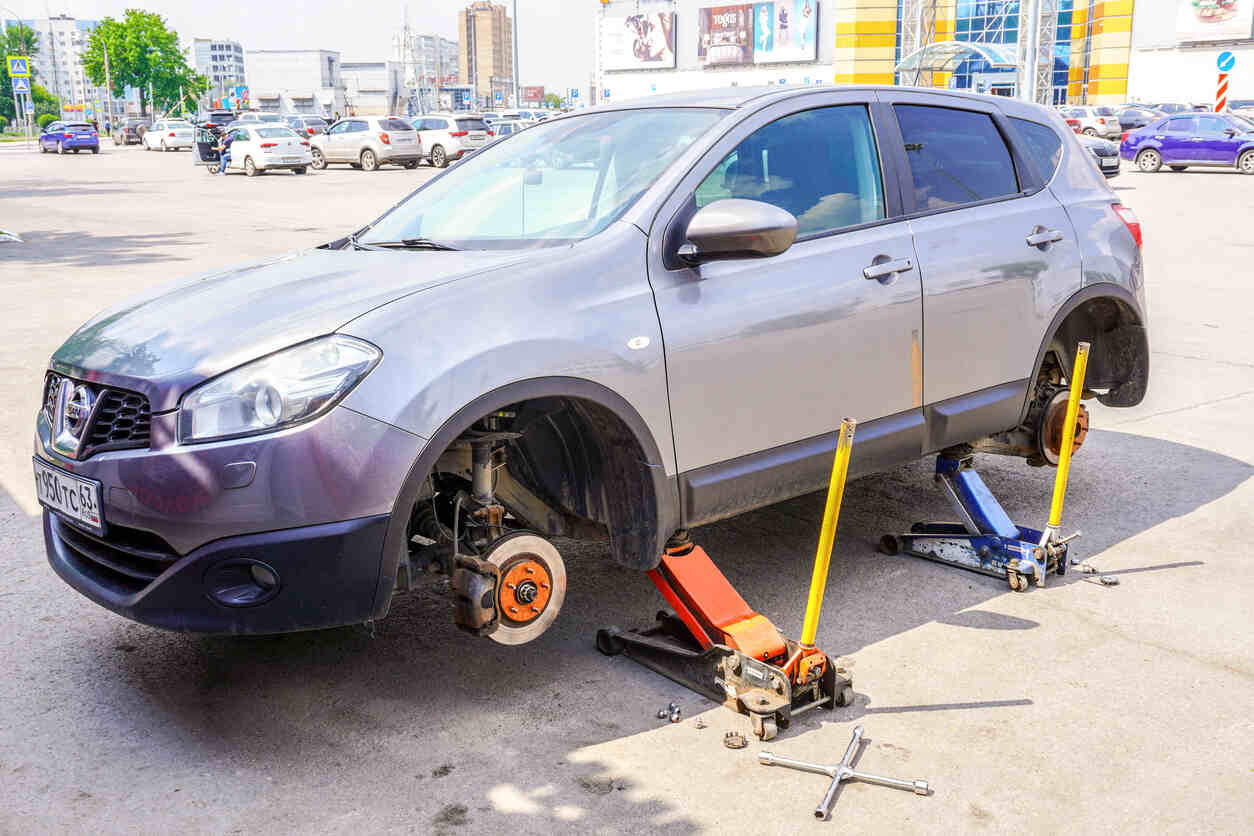For many California drivers, Nissan vehicles are a practical and affordable choice. But when brake or steering systems fail, what should be a dependable car quickly becomes a safety hazard. Across the state, owners have reported recurring brake malfunctions and steering issues that create dangerous driving conditions. When these problems cannot be resolved after multiple repair attempts, California’s Lemon Law may provide a pathway to relief.
Here, our Los Angeles lemon law attorney explains how safety-related defects like these fit within lemon law protections, which is critical for Nissan owners.

Why Brake and Steering Defects Are So Serious
Brakes and steering are the core safety systems of any vehicle. If they malfunction, drivers may lose the ability to stop or control the car, creating a high risk of crashes. Complaints involving Nissan vehicles have included brake pedals that sink to the floor, delayed stopping response, and steering systems that cause the car to pull off course.
Even when defects are intermittent, they create uncertainty that undermines confidence behind the wheel. A driver who cannot trust their vehicle’s safety systems is effectively left without reliable transportation. That is precisely the kind of situation California’s Lemon Law is designed to address.
Common Nissan Brake and Steering Complaints
Nissan owners in California have reported recurring safety concerns that often fall into patterns.
Some of the most common complaints include:
- Brake pads or rotors wearing out prematurely, even after being replaced.
- Unusual grinding or squealing noises that persist despite service visits.
- Power steering systems that become stiff or unresponsive.
- Steering columns that pull the vehicle to one side or vibrate excessively.
- Electronic brake distribution (EBD) or anti-lock brake system (ABS) malfunctions.
While each problem may seem manageable at first, repeated visits to the dealership without a lasting fix can leave owners frustrated and unsafe.
How Safety Issues Trigger Lemon Law Protection
Under California’s Lemon Law, a vehicle may qualify as a lemon if a defect significantly impairs its use, safety, or value and cannot be repaired after a reasonable number of attempts. Safety issues, such as brake and steering failures, are given heightened importance due to the risk of bodily injury.
In fact, the law presumes that a car may qualify as a lemon if:
- Two or more repair attempts have been made for a defect likely to cause serious injury or death, or
- Four or more attempts have been made for the same recurring defect, or
- The vehicle has been out of service for 30 or more cumulative days for warranty-covered repairs.
When these standards are met, Nissan owners are entitled to seek legal relief.
What Nissan Owners Can Do
The key to a strong lemon law claim is documentation.
Nissan owners should:
- Keep detailed records of each repair attempt, including dates and service notes.
- Save receipts and invoices from the dealership or certified mechanic.
- Document symptoms with photos or videos whenever possible.
- Track the number of days the vehicle is out of service.
With this evidence, a lemon law attorney can build a compelling case showing that the vehicle’s safety issues meet the legal threshold for relief.
Contact Shainfeld Law for Help
If your Nissan suffers from recurring brake or steering problems, you do not have to continue driving an unsafe vehicle. At Shainfeld Law, we have nearly 15 years of experience holding manufacturers accountable and have built a 99% success rate for our clients.
We understand how to prove that your vehicle qualifies under California’s Lemon Law and will fight to secure a repurchase, replacement, or cash settlement on your behalf.
Call (310) 295-1888 today or contact us online to schedule a free consultation. Let us help you regain control of your safety and transportation.